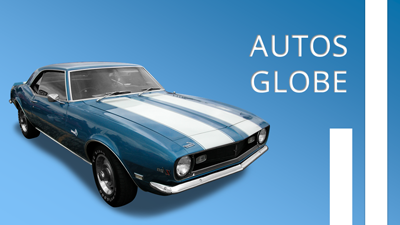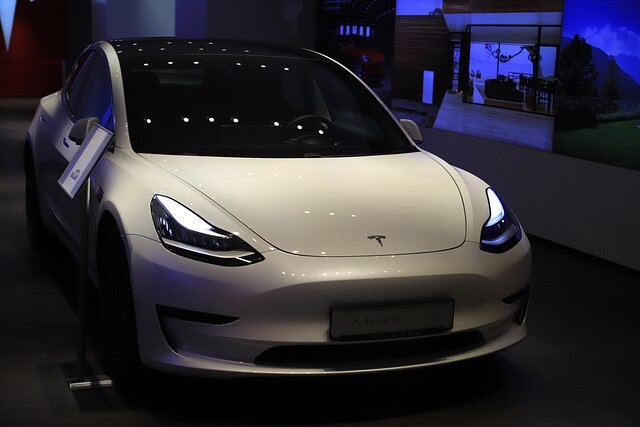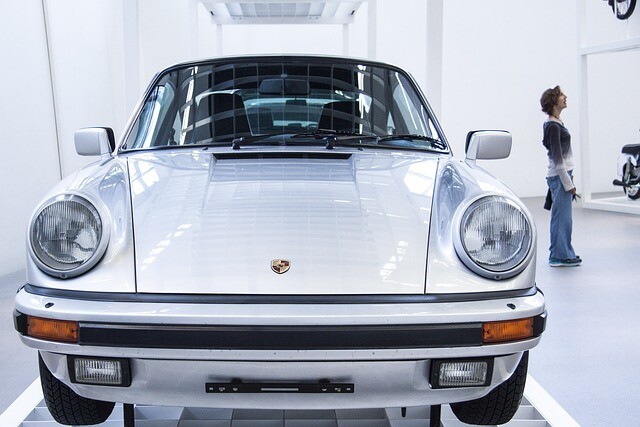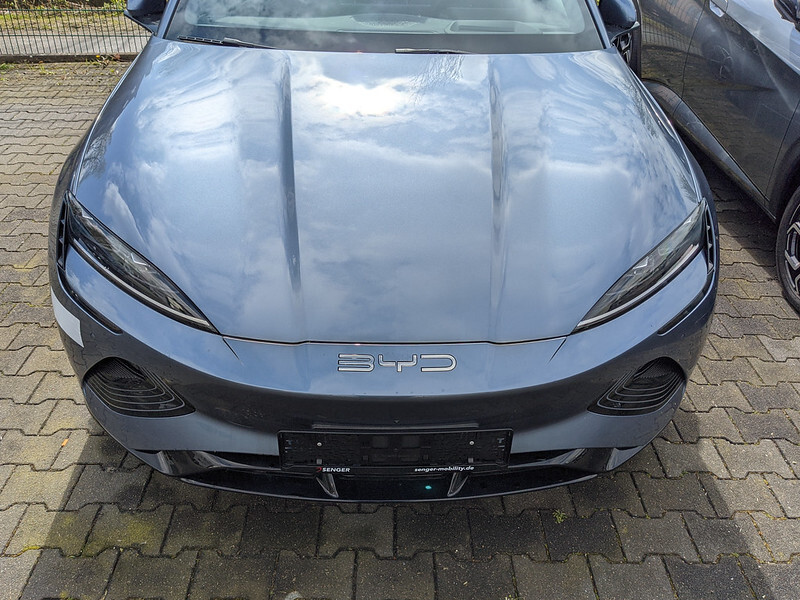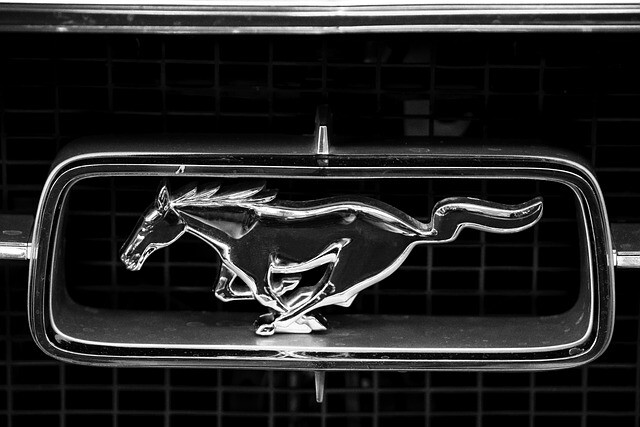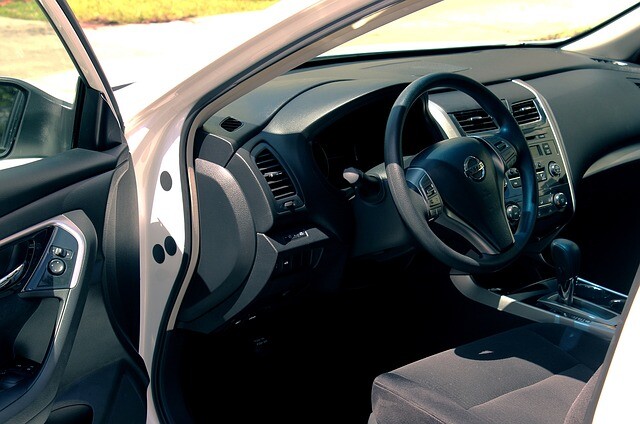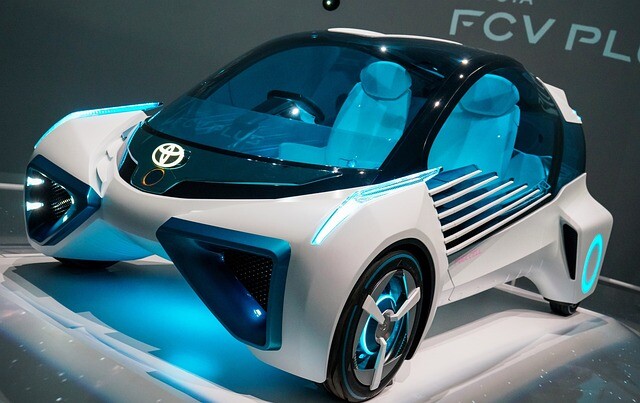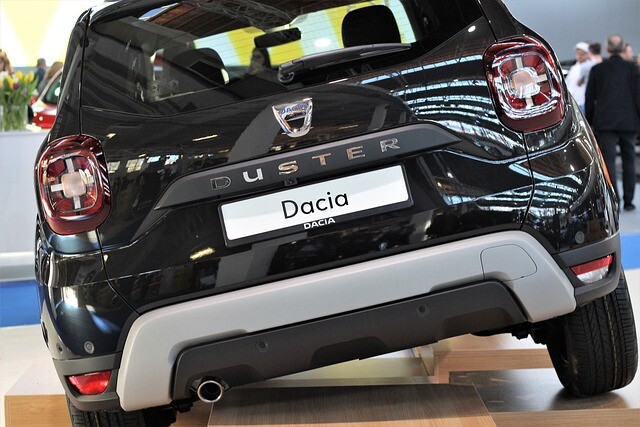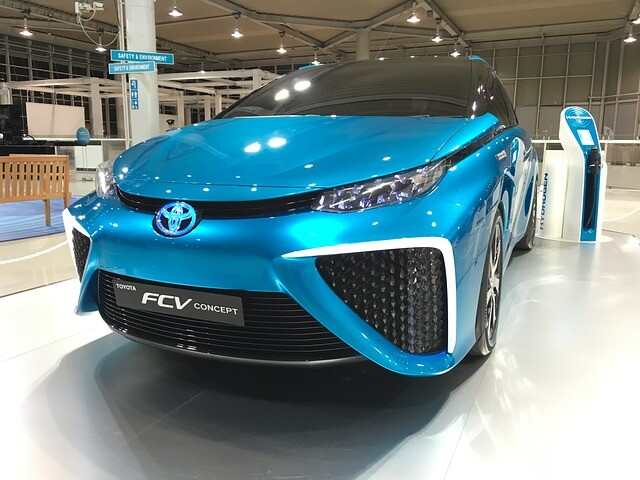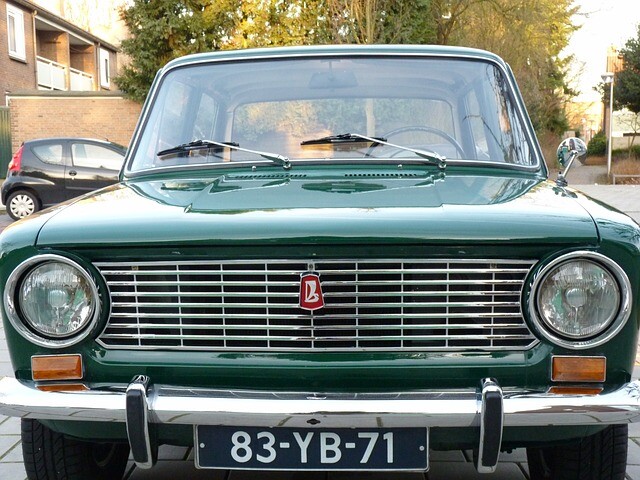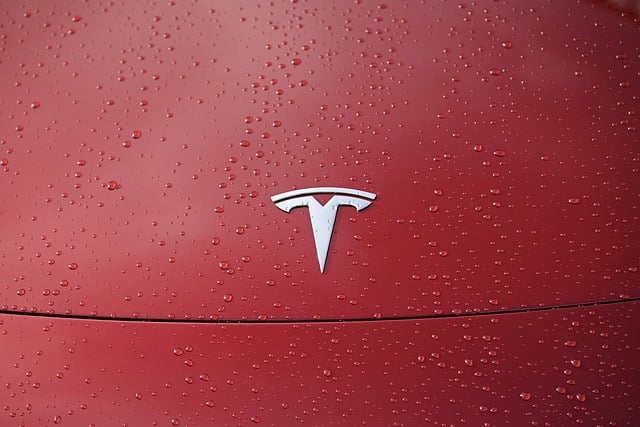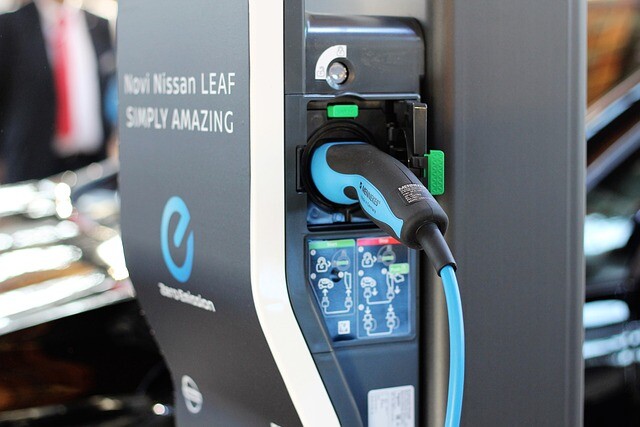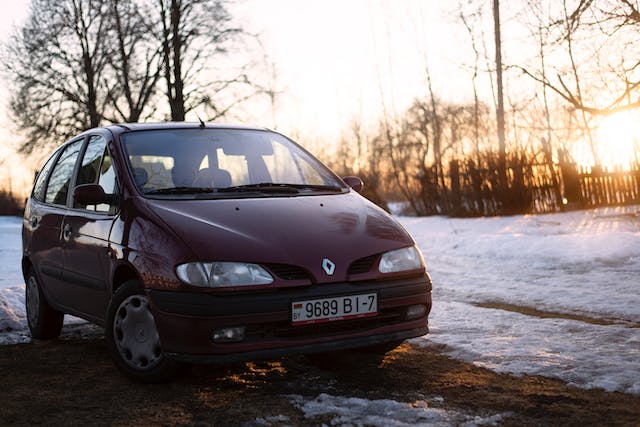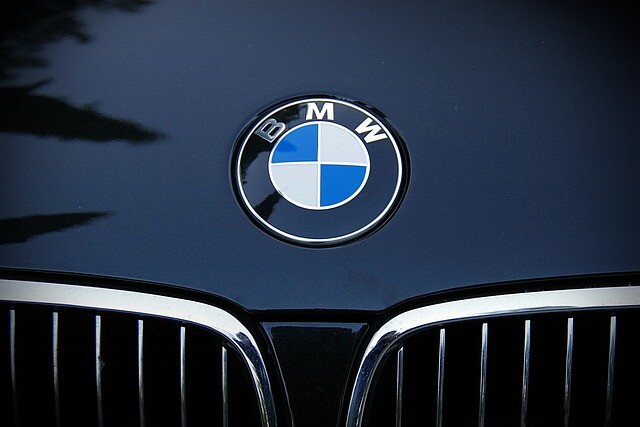Problems with batteries
Major European carmakers, Volkswagen, Daimler and Stellantis, are trying to consolidate their battery production capacity in Europe, but experts say providing the raw materials to do so could be a tough nut to crack.
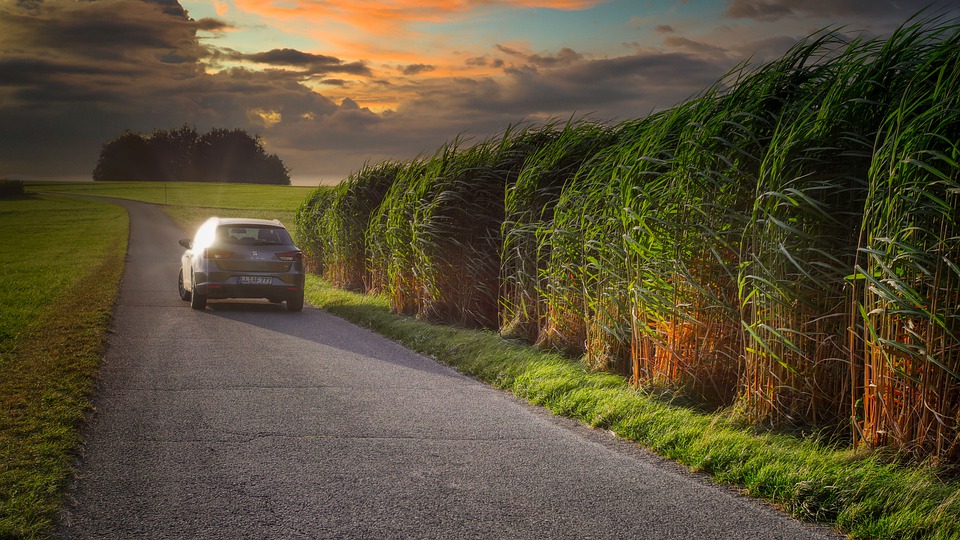
Failure to ensure a guaranteed long-term supply of certain raw materials, such as lithium, nickel, manganese and cobalt, could slow down the transition to electric mobility and make vehicles more expensive.
Until now, Europe seemed to lag behind Asian manufacturers, including CATL in China, LG Chem in South Korea and Panasonic in Japan, according to EIT InnoEnergy expert Ilka von Dalwigk. He recalled that initially “no one thought this was a problem”. Everyone was with him that if he needed a battery, he would import. However, forecasts of an explosive growth in sales of electric cars have shaken both policy and automakers, forcing them to rethink their battery supply strategy.
Subsequently, major automakers and automotive suppliers have announced billions in battery investment, and the EU has supported billions in support programs. Only Volkswagen is planning to build six battery plants in Europe, and Daimler is also working with four partners.
The EIT InnoEnergy, the EU's battery industry professional body, already knows about 50 battery technology projects in Europe. If all of this is achieved, local production will be able to cover the total battery demand for electromobility in Europe by 2030. The 640 gigawatt-hour battery production capacity available in this way will allow the production of 13 million electric cars a year. Volkswagen's six battery plants will be able to meet two-thirds of the parent company's demand, according to Ultima Media.
(Source: vezess.hu / photo: pixabay.com)
